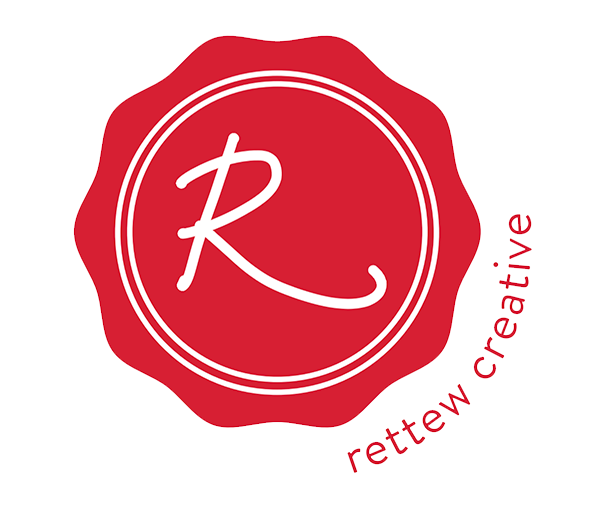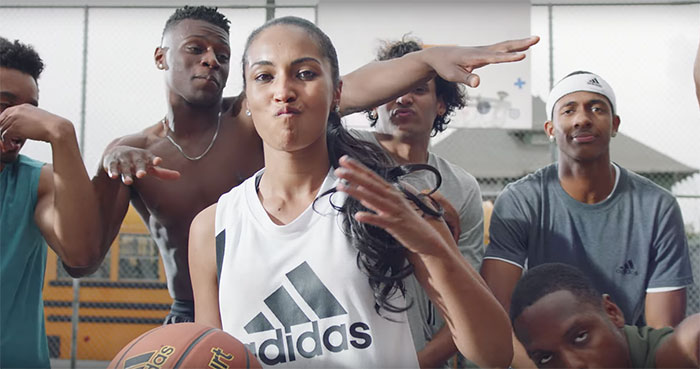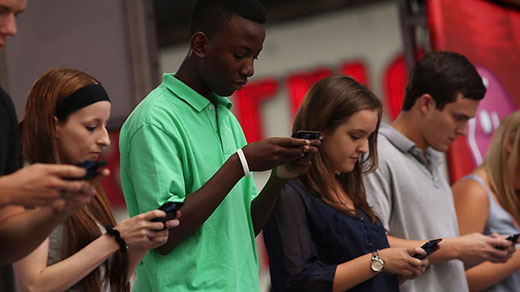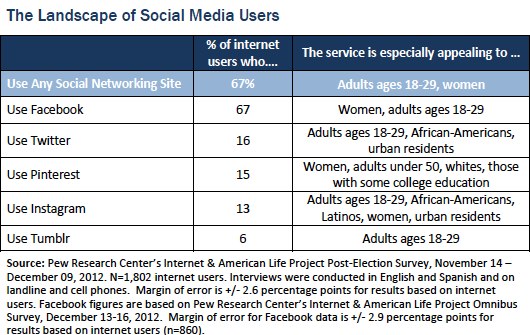The future of content marketing is truly engaging the Generation Z audience. You think you heard enough about Millennials, well…try creating content for both Millennials and Generation Z simultaneously.
I just read an OPED on Mashable.com today, it’s title: “I’m 13 and None of My Friends Use Facebook”. Yep…things are changing. Let’s look at a few statements in the article that peaked my interest. This article is from the viewpoint of a 13 year old. Her name is Ruby Karp.
“Facebook is losing teens lately, and I think I know why.
Part of the reason Facebook is losing my generation’s attention is the fact that there are other networks now. When I was 10, I wasn’t old enough to have a Facebook. But a magical thing called Instagram had just come out … and our parents had no idea there was an age limit. Rapidly, all my friends got Instagrams.
Now, when we are old enough to get Facebook, we don’t want it. By the time we could have Facebooks, we were already obsessed with Instagram.”
Yes…and there are so many other reasons why teenagers are migrating away. None of their friends are using Facebook. Why? There is no community for this generation.
Ruby continues: “This leads me into my next point: Although I do have a Facebook, none of my other friends do. My friends just thought it was a waste of time. I decided to get a Facebook just to see what it was all about. I soon discovered that Facebook is useless without friends. My only friend is, like, my grandma.”
Her next point peaks my interest. She beings to examine the idea of surveillance. She explains parents spend so much time on Facebook, some of which to monitor what their children are doing. As a communication consultant, I remember having a Facebook training session for a group of hospital marketing/pr staff members. The main reason they attended, to figure out how to watch what their children were doing, with who, and where.
“Let’s say I get invited to a party, and there’s underage drinking. I’m not drinking, but someone pulls out a camera. Even if I’m not carrying a red Solo cup, I could be photographed behind a girl doing shots. Later that week, the dumb-dumb decides to post photos from that “amazing” party. If my mom saw I was at a party with drinking, even if I wasn’t participating, I’d be dead. This isn’t Facebook’s fault, but it happens there.”
So who is the average user on Facebook? Buffer’s blog shares some demographics. “According to the research, it’s a young, 25 year-old woman, living in a big city, with a college degree and a household income of more than $75k a year.”
Above are some interesting statistics from Pew Research Center surrounding the Landscape of Social Media Users. Once again, look at the breakdown of social users and their choice of social media outlets.
With all this said, I think there is a unique separation between the Generation Z (born after 2000) and the Millennials (Generation Y). The Millennials look like they might be last generation of Facebook diehards. But…these diehards, the supporters of this social network that brought them together are slowly departing. They are tired of the “drama” and being overly exposed to the world.
Here is an interesting commentary on YouTube between a group of young professionals. They fall into the Millennial generation.
At :37 seconds into the video, the young man says, “There is always going to be something new.” And this is point of this blog post. We as communicators have to understand that Facebook taught us to adapt from our “traditional” mode of marketing/pr communication. And once again, it is going to teach us that we have to continue to evolve and stay true our goals as practitioners. We are communication practitioners and not technicians.
The moment we put all our eggs into one communication basket, we will be taught once again that this communication paradigm is going to shift once again.



